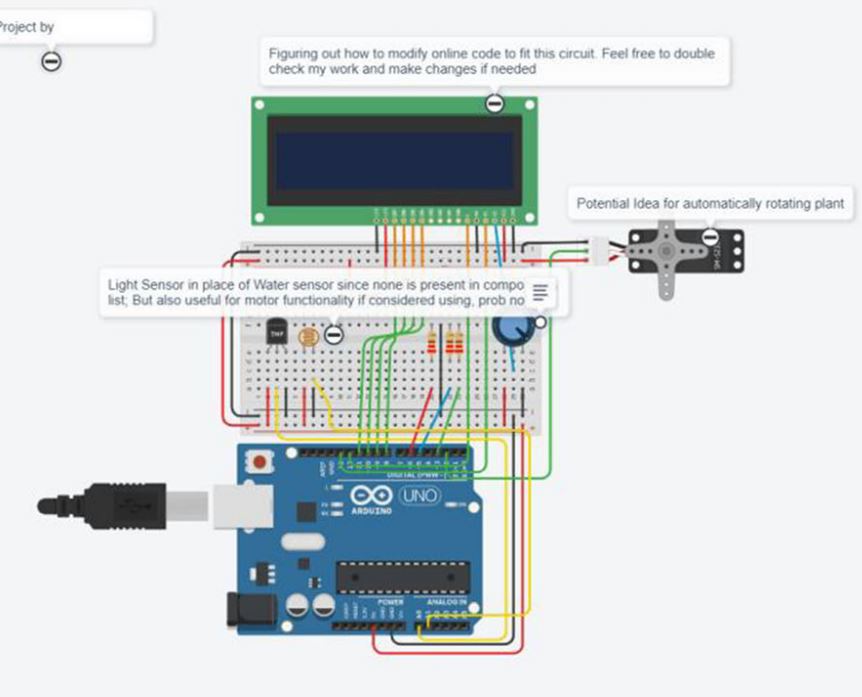Using Arduinos to Transition a Bioinstrumentation Lab to Remote Learning
Bioinstrumentation is a required course in more than 75% of accredited BME programs. Like many other institutions, the bioinstrumentation lab at the University of Massachusetts Lowell (UMass Lowell) is a junior level course designed to provide the students with fundamental understanding of electrical circuits, circuit components, and bioinstrument design. The course meets weekly and the students progress through a series of labs where they build, test, and troubleshoot basic biosensor circuits. Example labs include building voltage dividers, active and passive filters, electrocardiogram (ECG), and electromyograph (EMG). Typically, these labs use a variety of equipments including function generators and oscilloscopes. UMass Lowell transitioned abruptly to remote learning during the spring semester of 2020 during which students were preparing to conduct their last lab (EMG) and begin their final semester project in groups of 2-3 students. Since the students no longer had access to the iWorx teaching kits and biosensors available in the lab, alternatives were explored which allowed students to still build and test circuits from home. It was determined that a cheap alternative is for each student to purchase the ELEGOO UNO Project Basic Starter Kit with Tutorial and UNO R3 Compatible with Arduino Integrated Development Environment (IDE). This paper describes our implementation appraoch.

